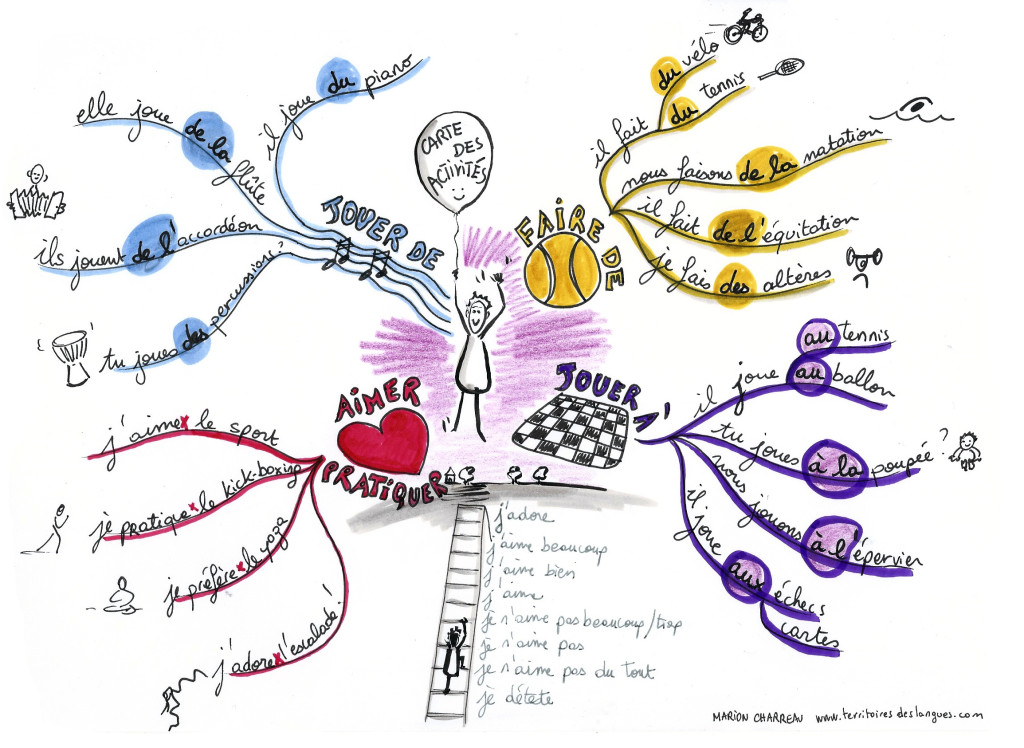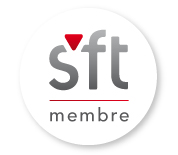The French curriculum was established at the end of the 19th Century. This programme is a strong, globally respected system for anyone who wants to give their child a life-long passion for learning. A French education offers a strong focus on developing independent, analytical thinking across broad subject areas.
“A respect for academic excellence and an independent approach to learning lie at the heart of the curriculum taught at our French international schools. Regulated in France by the Ministry of National Education (Ministère de l’Éducation Nationale), the French Curriculum is a system geared towards independent excellence, supporting young people with all manner of special talents and aptitudes”.
The French curriculum is made up of three key stages: primary, collège and lycée
- Primary school (also called enseignement primaire)
Between the ages of 6-11, children enrolled on the French curriculum experience a primary education which is very similar to other leading global systems, including the British curriculum. Primary students are taught all essential subjects such as numeracy, literacy, French, history, geography, arts and a foreign language (often English). - The collège (also called enseignement secondaire)
At secondary school level the French curriculum splits into two stages: the collège and the lycée. The collège teaches pupils between 11-15 over the course of four years. During the first two years students enjoy a very broad curriculum, taking all of the fundamental subjects.During the last two years, teachers will lead students to find their particular strengths and areas of interest. Some pupils will focus on these areas and progress to a more technical, vocational course. Most of the students will continue more general studies, then progress to the next stage of their French education, the lycée.Before moving on the lycée, all collège students will take their first official exams to achieve the “Diplôme National du Brevet”.
- The lycée (also called enseignement supérieur)
This stage educates students during their final three years of secondary education. Pupils aged 15-18 study to undertake the crucial baccalauréat (Bac) exam which they must pass in order to enter university.There are three common types of baccalauréat available to students with different interests and skills. Students keen to progress to university should undertake a bac in an area related to their intended future area of study: scientific, literary or economic.
– (S), Scientifique: Students study the natural sciences, physics and mathematics
– (ES) Economique et social: Students study economics, history, geography, social sciences and mathematics.
– (L) Littéraire: Students focus on French, foreign languages, philosophy, foreign literature; and the arts.
The Baccalauréat is internationally recognised, its qualification is equivalent to English A-Levels and the German Arbitur.
Alongside a deeply held respect for their teachers, students learning through the French curriculum are taught to truly respect academic prowess and independent, analytical thinking. Pupils are strongly encouraged to explore their own areas of interest and pursue their special academic interests with passion and competitiveness to achieve their very best.
In French higher education, the following degrees are recognized by the EU:
Licence and Licence Professionnelle (bachelor’s degrees)
Master degree
Doctorat degree


